ten impressions of house and home
carte blanche is a monthly column by storyteller and artist bahia watson. this is a free space.
1.
all the windows are black squares at this hour. one on top of the other, one beside the other, in neat and tidy rows and columns, glass revealing nothing but the absence of light.
who are these people around me? i, in a mirrored structure, wondered in the dark before dawn. there are the smells that carry themselves from door to door like an intrusive salesman: that one cooks a lot of meat; this one is a stoner. the sounds: heeled footsteps, the occasional dropping of things. there are the deliveries: this door likes sephora; that door has left their amazon order in the hall for days – where are they? is it that you haven’t been back or that you haven’t left? should i knock? lately, eyes would occasionally meet during the in-and-out dance at the elevator: should i? is there room? is it okay? that was more or less the extent of my knowing and i further wondered if i would recognize any of them if they walked up to my driver’s side window at a red light on lakeshore boulevard with an old tim horton’s cup in hand and a soft cardboard sign that said: help.
2.
my grandfather had eighteen siblings and the first time i went into the house he had built with his brothers, and where, together with my granny, they raised my mother, her siblings (and a few cousins too), he was in the front room, dying. it was a sturdy, three bedroom house on stilts made of thick, dark wood that sat enveloped by everything green and thriving, in a tiny village called phoenix, on a tiny island called leguan, which floats in the large, brown body of water that rushes from brazil, through guyana, to join the atlantic ocean – the essequibo river. my mother hadn’t been back home in over a decade, so as we went house to house, down the red clay road, meeting and greeting and gathering offerings of ripe mangoes and water coconuts, the old people of the village looked at my sister and i like we had gone missing. peering into us, blinking away layers of time, calling up memories of my mother in youth, they would search our faces until they found what they were looking for, and when they did, a grin would spread across their shiny, brown cheeks, hands clapped at least once, and arms always opened, in recognition – we are descendants of this place; we had come home.
rootless. that’s how she’s been describing it lately, she’s said it a few times. i think, as time marches on, the ambiguity of all that is behind her has started to become more present. if she was to retrace her steps a hundred years or two, all roads lead to the house, a block, the dock, a boat, the castle. but that’s not the beginning of the story.
with love, and a little sadness, i would see her almond shaped eyes gaze upon them with longing and admiration for all that they knew of themselves. the people who remained on the continent had ancient belongings: languages, tribes; a long past, a clear history. my motherland is my mother’s land but her motherland is a boat reversing into the ocean, bones floating to the surface, jumping aboard, reassembling and packing themselves into the belly of a ship, one on top of the other, one beside the other, and from there, the road dissolves into a series of highways that have nothing to do with her. i can feel her wishing for more information. just to know; just to have her face held in the hands of an old, old woman who, blinking away oceans and hundreds of years, peers into her face and finds what she is looking for and says: you are a descendant of us, you have come home.
i don’t think she’ll ever get that. i’ve offered one of those dna tests but she politely declines. what do these people know about tribes? and, remember what they did to henrietta?
3.
i came across a video online. a tv crew followed a constable around houston, texas who had to execute a series of eviction orders. first up was a young family: parents in their early twenties, two kids under the age of four. cut to all of their belongings already thrown into the street. the 24-year old father explained how he lost his job because of covid, and that it just took him a minute, a month, to get a new job, but that he did, he did get a job, and then unfolded and held up his cheque for the reporter to see. “but i ain’t making it with 300 dollars. it’s literally 300 dollars.” they packed the stroller with toilet paper and snacks for the kids and, with the baby in arms, carried what little else the could of their lives and walked off camera to who knows where.
later, the constable explained he didn’t want to do it, that it wasn’t him, it was a judge’s order. on the website it has another constable quoted saying, “we don’t want this. this is no one’s fault.” whose fault is it then? i wondered.
4.
one night, the water suddenly went out in our neighbourhood so someone parked a van full of water on our block and all the people on the street had to come out into the night, with jugs, buckets, and other liquid holding vessels, to get their fill. i had a friend named amanda who lived maybe five or six houses down in a small, white bungalow. she had the cutest little sisters, it seemed like there were so many of them. one was my favourite: maybe four years old, sassy and full of mischief, all of her teeth were covered in shiny, silver caps and i remember thinking to myself: this one? she’s gonna be a star.
the first day amanda came to school was not the first day of school, it was sometime after that late august/early september time when almost everyone arrived with something new to show off and competing stories from summer. it was sometime in the middle when you were the only one announcing something new and everyone turned and looked over from their now established routines. no one else is new anymore so naturally, you were an outsider.
you were tiny and so pretty, and what i lacked in vanity, i made up for in adoration – i loved a pretty face. you wore a loose, white sweater with something on it, i’ll say minnie mouse. i can’t remember how old we were then – nine? ten? in my mind, you were always the size of a seven year old.
i decided then and there, as you stood in the doorway – i will be your friend. i was brave back then, fuelled by the righteous spirit of my mother. your skin was a soft, light brown. i would welcome you.
you wore that minnie mouse sweater everyday like it was your only one and some of the other kids started to notice. they started to make fun of you, but i spoke up in your defence. i knew about poverty. i knew it wasn’t your fault.
walking over, five or six houses down, you and the little ones were always in the yard, your thin arms full of children: playful, protective, scolding. i don’t remember ever seeing your parents and i never went inside. i have a memory of seeing, through a crack in the doorway, the bottom left corner of a sheet-covered sofa sitting on a flat, wood floor. a man’s booted foot, a brown beer bottle next to it. i don’t know if it was something you said or the general distrust and fear of men i seemed to have been born with, but he gave me a bad feeling. you were tiny and tough though, never one to complain. maybe a good eye roll. your sweet, brown mullet of curls, your long lashes, your minnie mouse sweater, greying and increasingly fragrant.
that night, when the water went out, it was one of those moment of collective struggle that brings people out of their homes and towards each other. like the way a huge snowstorm gets neighbours talking. like how, years later, the big flood got all of winnipeg out into long lines, tossing bags of sand from one set of arms to the next, racing the swell of the river in spring. on our normally quiet street, people were out, in the dark, hauling sloshing buckets, getting wet, laughing.
i remember you laughing, wearing a small yellow raincoat over your now-dark minnie mouse sweater, our tiny bodies waddled our heavy rations to our houses, and we returned again, excited by this extraordinary event. there’s a silliness to the surprise of it all, when the big machine fumbles and breaks and we’re all just humans again. we never thought about water from the tap, where it came from, what would happen if suddenly it wasn’t there, and so when it happened, it was like a peek behind the curtain, and where we must have imagined a robot or some other automatic dream machine, there are people, pulling, tugging, pushing buttons. it’s old pipes someone put in the ground a long time ago; it’s human mistakes. part of growing is learning everything is breakable.
then one day, you and all your sisters, were gone. just like that. no goodbyes, no one told me where you went, you and all your little sisters just weren’t there anymore. the yard was empty, the white bungalow went quiet, and i never saw you again. it hadn’t even been a year.
5.
whoever was up first would get the fire going. once the fire was lit, residents would come as they rose, with their water to boil and to make their morning coffee, over which they would plan out their day. they said, before it got too big, before the garbage strike brought the rats, it was a home. in the late nineties toronto had a tent city on some contaminated land down by cherry beach that lasted about four years. people made shelter out of what they had or were given and a community grew. most people didn’t feel homeless and had dreams of building it up, long term dreams.
toronto had dreams too – an olympic bid for the 2008 summer olympics – and the homeless, tent city especially, were seen as a unsightly obstacle to securing the bid. the government got the land owners (home depot) to evict the people who lived in tent city, and then it was no more. it’s the same thing they always do for all those big events: hide the poor. when vancouver had the olympics, they gave homeless people one way tickets to kamloops.
6.
my sister and i once went on an epic, three-week road trip. we bought a 2002 ford windstar turned camper van for $700 off kijiji and drove it through the united states of america, down the east coast, across the south and into the mojave desert. it was christmas holiday time of year so the days were short and the nights came quickly and lasted forever. along the way, we slept at campsites, in cheap motels and weird hotels and, sometimes, we crawled onto the little foam bed that someone built in the back and drew the thin, black curtains cut exactly to size and strung up on a taunt, silver wire, and tried to sleep right there, in the van.
three weeks was a long time to be on the road and it started to wear on my nerves. the glorious sights of the day were always met with the anxiety of being so exposed at night. some of the fear was about being black in unfamiliar towns that made me think of stories i’ve read, stories that ended with violence and grief. some of the fear was about being women and women are not safe in the dark and that’s just the way it is. some of the fear was of the cops, knocking on the window with a beat stick, asking questions. the hours between three and five in the morning night held a terrible eeriness in the air, something volatile and looming, almost nothing and then – anything.
i learned a lot on that trip. like how sleeping in a car can be scary but not as scary as sleeping on the street. like the necessity of a bathroom you can take your time and be yourself in. like how there are whole villages of people living in vehicles in walmart supercenter parking lots all across america and how much that makes perfect sense. like how some big gas stations along the interstate highways have showers you can buy and lounges for truckers to hang out in and mingle. like how 24 hour diners with basic greasy food and earnest servers are brilliant islands of safety in a precarious sea of shadow.
when the overnight shifts end and the new morning workers started to step off buses and walk down the streets, waking up the city, i felt grateful for them. i could finally relax. someone else could keep watch now so maybe i could sleep.
7.
at a 1984 academic feminist conference, poet, author and professor audre lorde, gave remarks that included the now popular phrase: the master’s tools will never dismantle the master’s house. she was expressing her frustrations with a feminist movement that claimed to be seeking real change, but was actually reinstating the same exclusionary, hierarchal structure within itself by continuing to erase and diminish the voices and specific issues of women who were black, poor, lesbian, of colour; women like herself.
the metaphor of house is often used to describe the social structure that arches over every aspect of our lives. when people say “white supremacist hetero-patriarchal capitalist imperialist system” it’s not just a listing off of large hot topic words, they are describing the pillars of the house in which we live. when people say burn it down, this is house of which they holler. and it’s a tricky and relentless house, so diligence is required: just when you think you are outside of the house you might look down and realize: that is not, at all, a match in your hand, it is a nail, and there is a hammer in the other, and you have broken a sweat, not from the heat of fire, but from securing the upper room floorboards that were threatening to snap from pressure below.
8.
after reading george orwell’s down and out in paris and london, where he chronicled his life of poverty and struggle in the two cities, one of the the things that struck me most, and stayed with me for years, were the benches. he talked about how it was easier to be poor in paris because at least there were public benches, sometimes in parks and gardens, and that meant you had a place to sit, to have a conversation, a place to be in the world that didn’t cost you any money. a nice place, maybe amongst flowers even, to relax. london didn’t have benches and so, without a home, he’d have to keep moving, walking, moving, as to not get ticketed for loitering.
many cities in canada, and beyond, have in their public spaces benches that are specifically designed, with unnecessary bars and divisions, to prevent people from being able to sleep on them. they call this: hostile architecture.
9.
suddenly, the furniture is talking, saying: i am here, i am a person. you go outside and the benches and alleyways and cracks in the sidewalk, all of a sudden, have mouths. the broom, the rubber stamp, the iron latch on the gate, have been breathing this whole time. it’s at that moment you realize: this house is made of people. which means that it is alive, which means life doesn’t have to be this way.
10.
“already made for me, both snug and wide open. with a doorway never needing to be closed.” that’s how toni morrison describes home in her essay, race matters: home as a place where race does not matter. pulling such a seemingly impossible concept out of its usual futuristic, utopia dream, she grounds it the tangible; the domestic. by doing so, she attempts, through language, to make real an interior space over which she can fathom a sense of authority, cohesion and freedom, where “a sleepless woman could always rise from her bed, wrap a shawl around her shoulders and sit on the steps in the moonlight. and if she felt like it she could walk out the yard and on down the road. no lamp and no fear. a hiss-crackle from the side of the road would never scare her because whatever it was that made the sound, it wasn’t something creeping up on her. nothing for ninety miles around thought she was prey. she could stroll as slowly as she liked, think of food preparations, war, of family things or lift her eyes to the stars and think of nothing at all.”


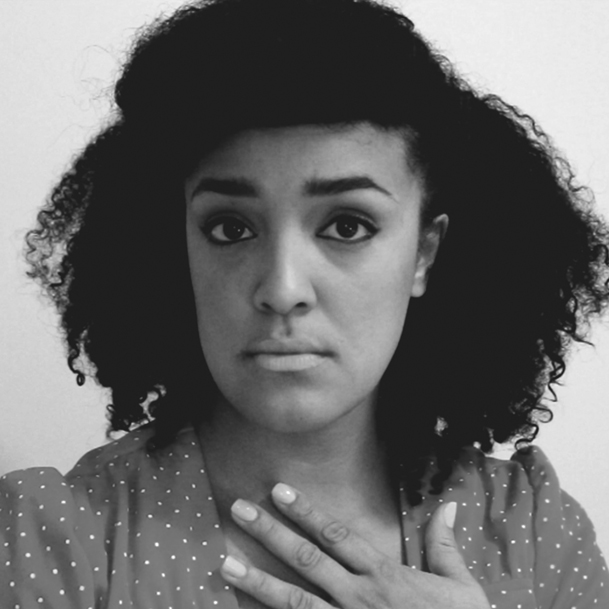
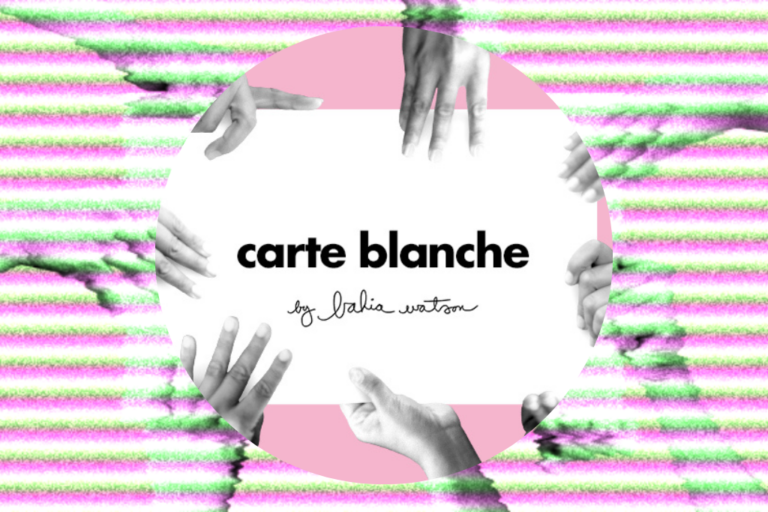
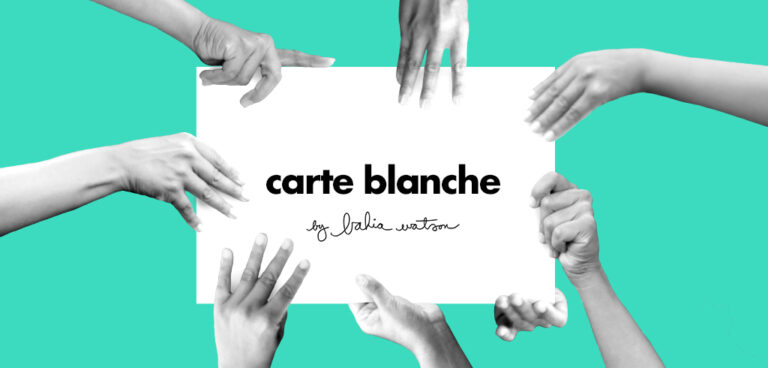
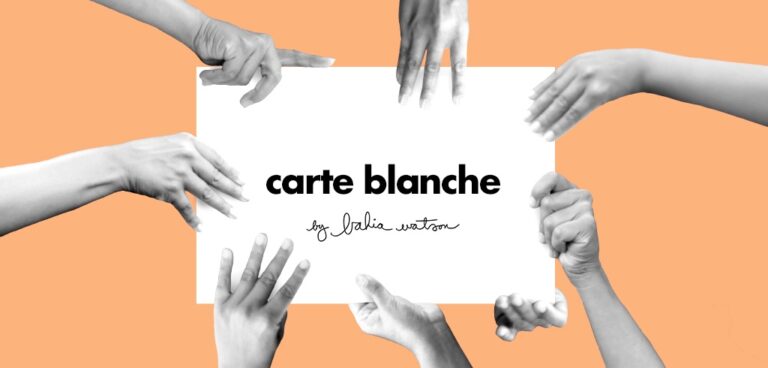
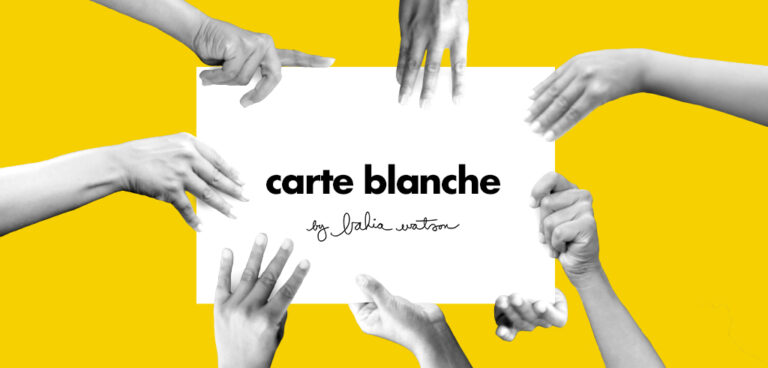
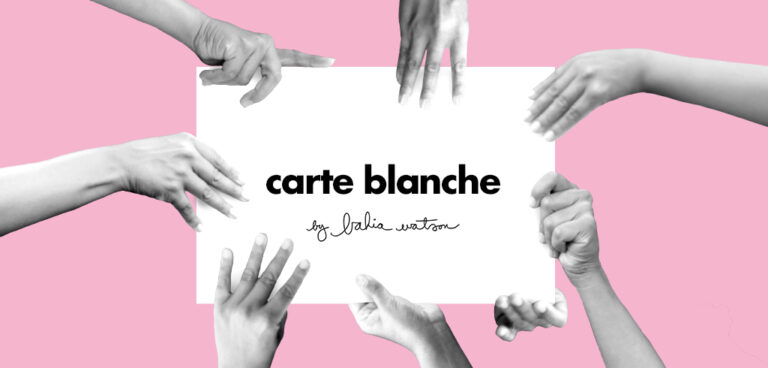
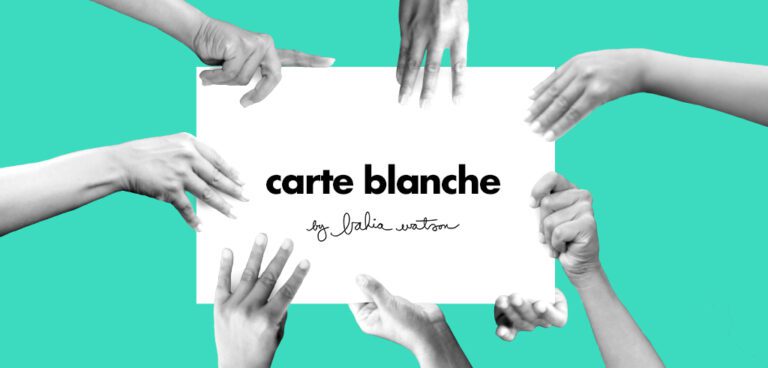
Comments